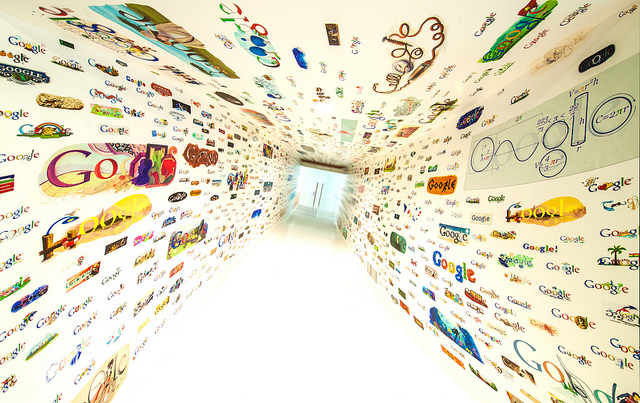
“Authenticity” is essential in the development of our online professional profile. As we have embarked on topics such as the “Digital visitor-resident continuum” and “Multiple online identities”, the true judgment of “authenticity” is questionable. The issue of drawing the line between personal and professional is inevitable. However, we must realize that this line is getting blurry and as much as we do not want them to be, it is prominent (Forbes 2014). Rather than being cynical about this, might as well embrace it to realize the full potential of it! To achieve this, the development of an “authentic” online professional profile is imperative.
1. Personal Audit
“Why you are a complete idiot if you don’t Google yourself”. In this article, Roger Dooley (2014) discusses the psychology behind our online reputation. As more employers are currently relying on the Web to seek out talent and perform employment background search (Forbes 2011), this would be a crucial step in creating an “authentic” online professional profile.
2. Personal Branding
Upon completing the first step, there may be some things that you may not be too fond of. As we have realized by now, the control that we have over our “online identities” may be limited. This is where personal branding comes into play. Harvard Business Review (2013) reveals that branding is all about being “distinctive, predictable and meaningful”. Integration of all the social media platforms that you utilize may be the key to this. Curation of content on your social media platforms should not be disregarded. “Cleaning up” would be a much simpler term!
The growth of recruitment through social media is staggering. A study by Jobvite (2014) reveals that 73% of recruiters have hired a candidate through social media. But the real question is, what makes these people stand out?
3. “Hyperconnectivity”
Harvard Business Review (2013) reveals this “skill” as one of the three things to master in order to distinct yourself from the rest. But what exactly is “hyperconnectivity”? As defined in the article, it is the “optimization of online experience for others”. This plays a huge role in developing an “authentic” online professional profile. When a reputation is built upon “authenticity”, the credibility of the profile is increased dramatically.
I believe that the development of an “authentic” online professional profile is an iterative process. The user must be able to integrate and curate the content of his information wisely. Only then will the “authenticity” be unquestionable!
References:
Dooley, R., 2014. Why You Are a Complete Idiot If You Don’t Google Yourself. Available at: http://www.neurosciencemarketing.com/blog/articles/google-yourself.htm [Accessed December 3, 2014].
Forbes, 2011. 5 Reasons Why Your Online Presence Will Replace Your Resume in 10 years. Forbes. Available at: http://www.forbes.com/sites/danschawbel/2011/02/21/5-reasons-why-your-online-presence-will-replace-your-resume-in-10-years/ [Accessed December 3, 2014].
Forbes, 2014. Trying To Manage Millennials? Give Up And Lead Them Instead. Forbes. Available at: http://www.forbes.com/sites/georgebradt/2014/05/27/trying-to-manage-millennials-give-up-and-lead-them-instead/ [Accessed December 3, 2014].
Jobvite, 2014. Social Recruiting Survey 2014, United States. Available at: https://www.jobvite.com/wp-content/uploads/2014/10/Jobvite_SocialRecruiting_Survey2014.pdf.
Review, H.B., 2013. The Future of You. Harvard Business Review. Available at: https://hbr.org/2013/01/the-future-of-you/ [Accessed December 3, 2014].
photo credit: Stuck in Customs via photopin cc
